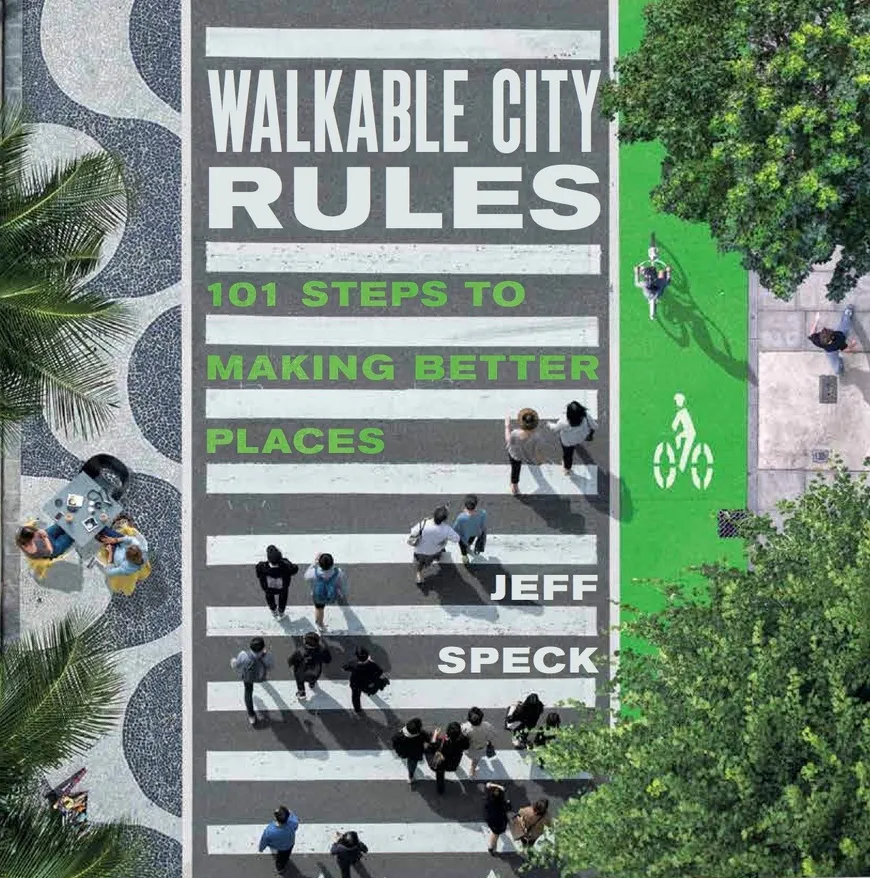It's been a year since we last saw each other “in real life” on our bi-annual Project Day in Stuttgart. Then, we celebrated together into the night. It’s hard to believe this was only a year ago.
For this year’s virtual project day, the organizing team created two rich program afternoons and evenings, which helped us all to bridge the distance.
The group overviews give insight into who works of what. The diversity of our projects, people, and prospects always leaves us feeling even more enthusiastic about what we do.
The future of Transsolar is another big topic. We met in small virtual groups and discussed; new goals were set, and responsibilities defined. CO2 is still a central topic in all projects and internally at Transsolar we not only discuss the level of knowledge, but also our position on the approaches to solutions. Can we advocate carbon offset, i.e. offsetting emissions that can be bought?
To draw a conclusion from a discussion, it helps to hear the perspective of an outsider. Dietmar Geiselmann, formerly a Transsolarian and now with the DGNB, summarized: There is no internationally valid definition of the term "CO2 neutral". Instead of concentrating on definitions, it helps to remain transparent in what you do and to show exactly what we mean by CO2 neutrality in the project. And new measurement parameters are needed, as we had also stated in the lectures. As an impulse, he gave us the opportunity to deal with the taxonomy of the financial industry.
Guest speaker on this project day was Jeff Speck. This driving force among city planners and urban designers works internationally for more “accessible” cities. He is the author of ‘Walkable City Rules: 101 Steps to Making Better Places’. In his lecture, however, he was not satisfied with denouncing of the negative development and extent of the "damage" that conventional urban planning has produced for decades; Jeff showed us strategies which are suitable for counteracting the "suburban sprawl", i.e. approaches which are suitable for dealing with the sprawl of the landscape and sprawling suburban development - and to plan more for the good of the people and thus also reducing the need for motorized vehicles. It was inspiring for all of us. Online you can find his TEDTalks about the Why? and How? or read in his book.
